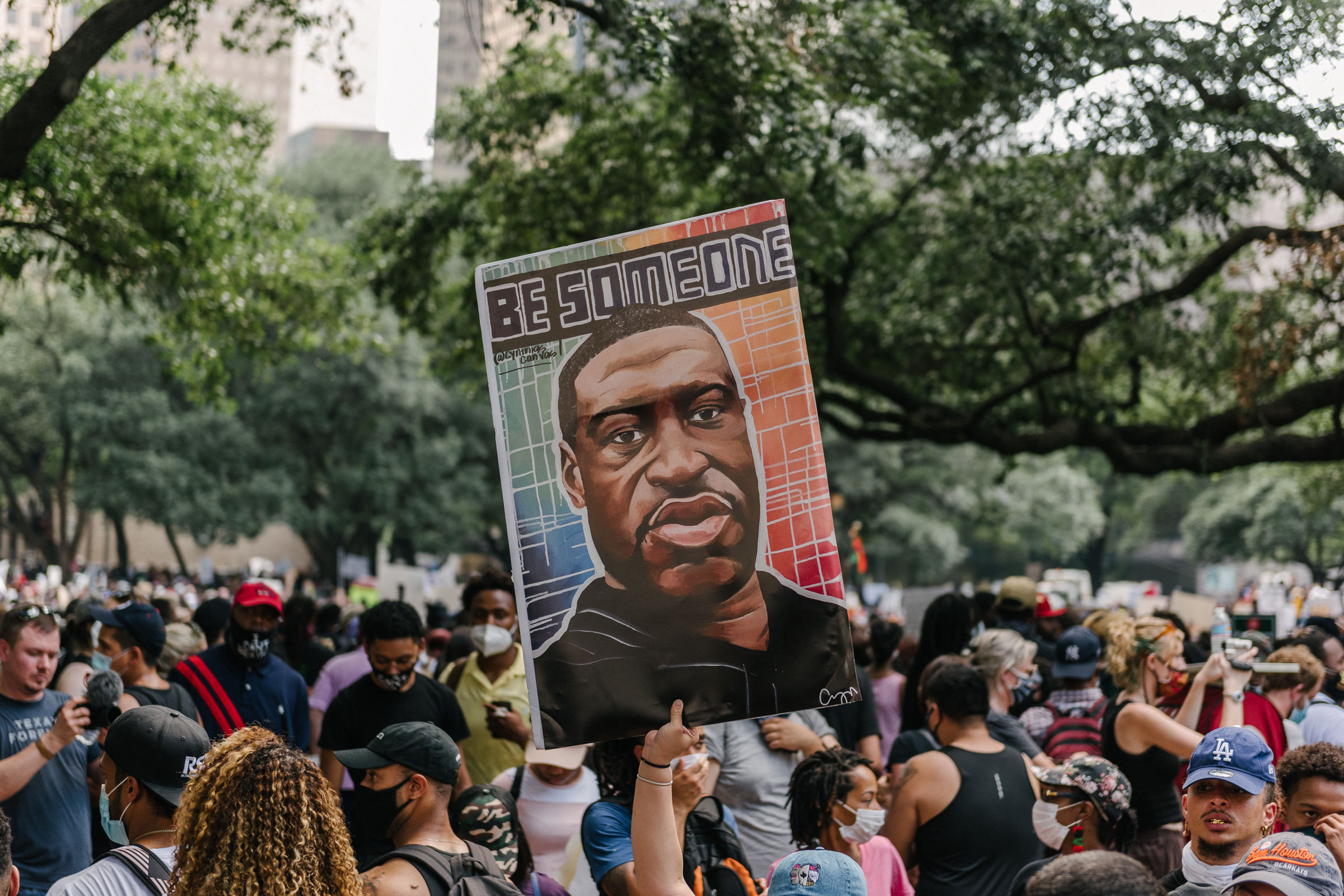Read Your Way Toward Anti-Racism with These 7 Books
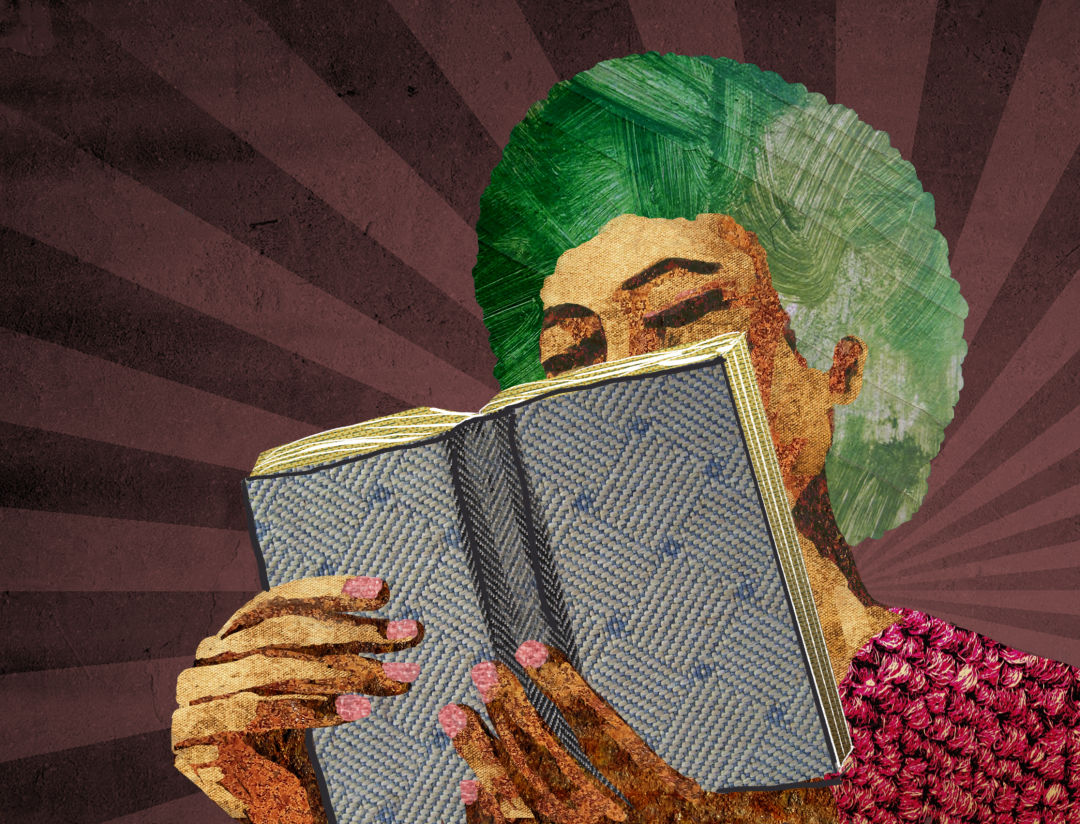
Image: Amy Kinkead
The killing of Houston native George Floyd at the hands of police has led to a reckoning in our society, one that has permeated conversations around the world and reinvigorated the fight toward ending systemic racism. Here in the Bayou City, 60,000 Houstonians of all colors marched to City Hall on June 2 in protest of police brutality against the black community. But there’s still much more work we need to do.
“It’s important to keep in mind that solidarity requires familiarity,” says Anthony B. Pinn, director of Rice University’s Center for African and African American Studies (CAAAS). “Solidarity requires a commitment to learn about the cultural world, the historical experience, and the thinking of the community one wants to join in action.”
One of the best and most accessible ways to gain this understanding of the Black American experience is through books, and it just so happens there’s something especially symbolic in the act of reading. As Pinn notes, the enslave peoples in the U.S. were barred from reading and writing. “Reading was recognized as a source of power—the ability to see one’s circumstances, reflect on those circumstances, and imagine a different world.”
We asked three university academics to give us a reading list to help you on your road to anti-racism. Here are seven books they recommend.
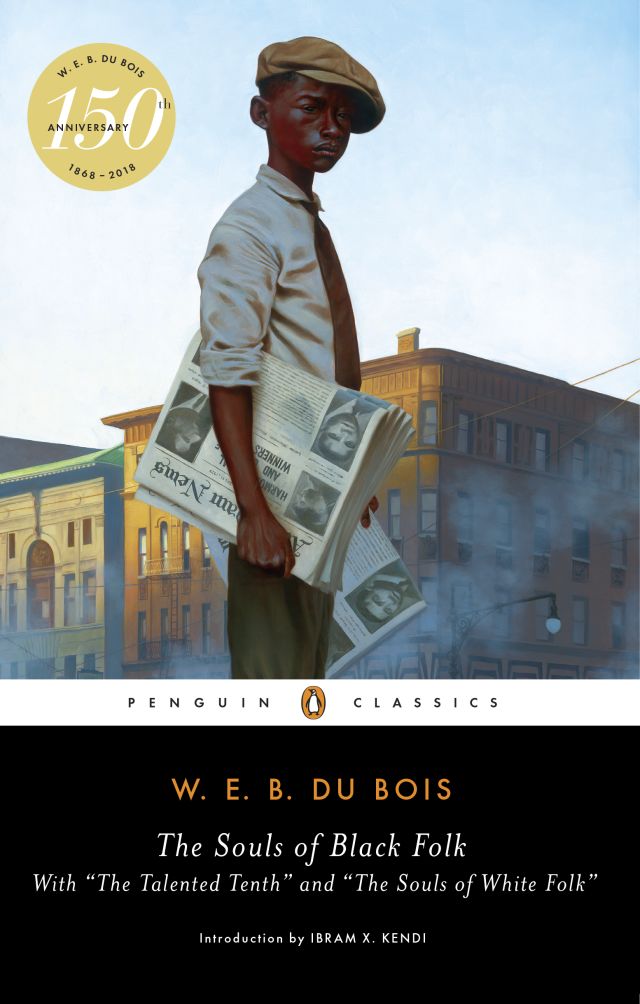
The Souls of Black Folk by W.E.B. Du Bois
The Souls of Black Folk, W. E. B. Du Bois
“Du Bois provides some of the most important grounding for the current understanding of race and racism. It provides really useful attention to the dynamics of racial injustice, its impact on black life, and the ways in which African Americans have worked to counter it.”—Anthony B. Pinn, Director of Rice’s CAAAS
Race for Profit, Keeanga-Yamahtta Taylor
“Reveals how the American Dream became a nightmare for black people and dismantles lies about behavior causing economic inequality.”—Cedric Tolliver, University of Houston Associate Professor of English
The Cross and the Lynching Tree, James H. Cone
“We live in what is commonly called the 'Bible Belt.' where the impact of Christianity is hard to miss. While there are many advocates for the value of religion in the struggle for justice, Cone provides important insight regarding the ways in which Christianity has also worked to support anti-black racism. For those who are religious, this book offers a compelling opportunity for self-evaluation as preparation for solidarity.”—Anthony B. Pinn, Director of Rice’s CAAAS
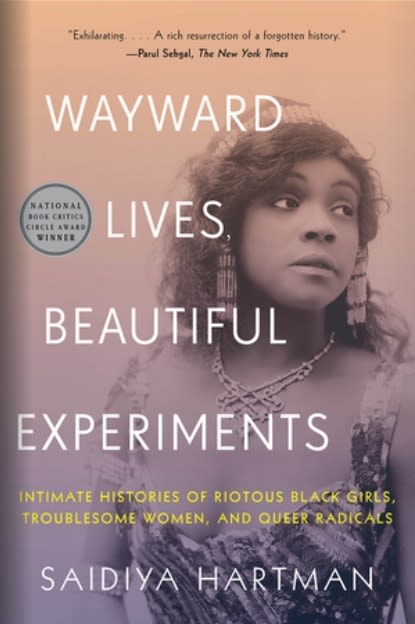
Image: Courtesy W.W. Norton
Wayward Lives, Beautiful Experiments: Intimate Histories of Riotous Black Girls, Troublesome Women and Queer Radicals, Saidiya Hartman
“It is the case that we often forget the role of gender—the manner in which, for example, black women have encountered violence and death. This book does a fantastic job of pointing out the ways in which gender, class, and race intersect within the lives of black women and result in a triadic target for violence. But, it also points out how black women have resisted, and pushed for expression of their value and meaning in a world positioned to deny both.” —Anthony B. Pinn, Director of Rice’s CAAAS
Beyond the Whiteness of Whiteness: Memoir of a White Mother of Black Sons, Jane Lazarre
“Lazarre’s book investigates not only how racism has shaped society but also how a white woman can be ant-iracist; the book is useful because it models conversations, thought patterns, and insights that can help all of us be better listeners and activists.”—Julie-Françoise Tolliver, University of Houston Assistant Professor of French and Francophone Studies
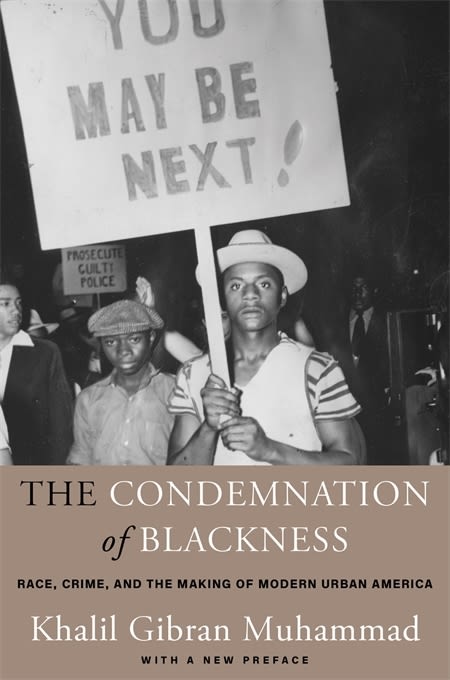
The Condemnation of Blackness, Khalil Gibran Muhammad
The Condemnation of Blackness, Khalil Gibran Muhammad
“Provides history on how the tight association of black people with criminality came about, and how it fed into the transformation of urban America into fortress America.”—Cedric Tolliver, University of Houston Associate Professor of English
Barracoon: The Story of the Last “Black Cargo,” Zora Neale Hurston
“It is often the case that people will try to sidestep discussions of anti-black racism and white privilege by arguing slavery was long ago and they have no personal connection to it. On one hand, this thinking fails to recognize the ongoing advantages—white privilege—linked to the dehumanization of African Americans and the socio-economic and political advantages for whites stemming from this past. Recent police killings, for example, speak in powerful ways to anti-black racism and white privilege. This book provides a reminder of slavery and its function, and in this way, it offers a reminder of the context for much current thinking about African Americans.”—Anthony B. Pinn, Director of Rice’s CAAAS

